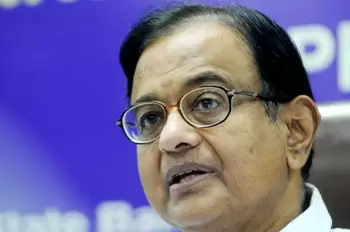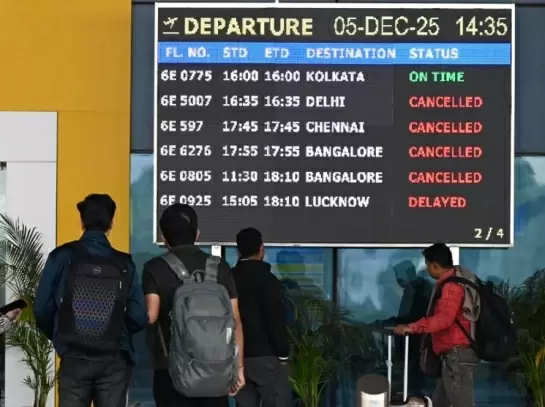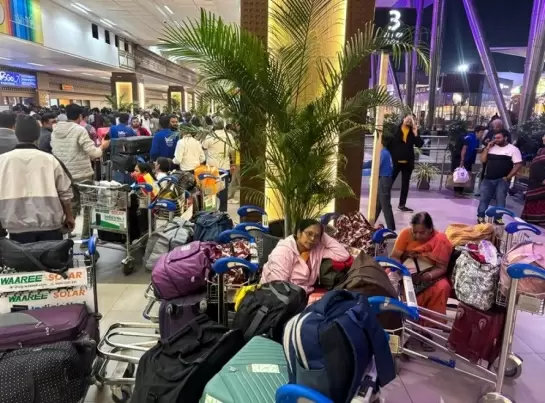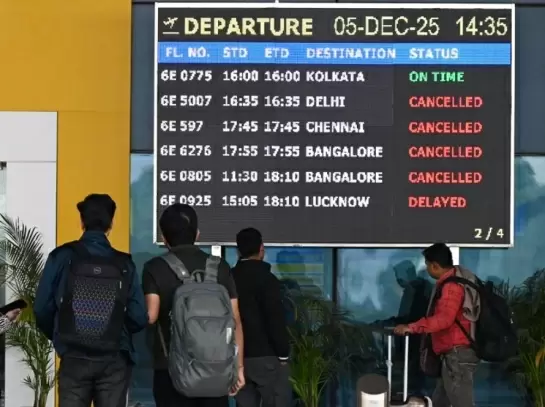Why different rules for rice and wheat Mr. Minister?
13-February-2014

The letter of union finance minister P Chidambaram to union minister of state for consumer affairs and public distribution system KV Thomas stating that rice did not fall within the definition of agricultural produce under Section 65B (5) of the Finance Act, 2012, and its storage in Central or State Warehousing Corporations was liable to service tax has created a political storm in Tamil Nadu.
Rice is the staple diet of the people of Tamil Nadu and the politics of rice is a sensitive issue.
 |
|
Finance minister P Chidambaram (Photo: Indian Photo Agency)
|
The Congress government of Bakhtavatsalam’s mishandling of rice supplies and the Guest Control Order restricting the number of guests to 25 at weddings and other festivals where rice is served led to the people voting the party out in 1967 and kept it out of power ever since.
Even the party’s tallest leader, the late K Kamaraj, was defeated in his home constituency of Virudunagar in the 1967 Assembly election. Such is the sensitivity of rice politics in Tamil Nadu.
Chief Minister Jayalalithaa in a letter to Manmohan Singh has called upon the Prime Minister to unambiguously declare rice as an agricultural produce. She called Chidambaram’s decision to levy service tax on storage of rice as a “thoughtless, invidious and unjust” act.
It is discriminative against people residing in certain regions of the country, especially the south and the east, where rice is the main food grain. When service tax on storage of goods was introduced in 2002, rice was exempted by notification.
The Finance Act, 2012, removed the exemption given to rice. Of all food grain, rice alone is sought to be subjected to service tax. The interpretation given by the finance ministry defies logic and common sense. Rice has been regarded as an agricultural commodity from time immemorial.
The public distribution system in Tamil Nadu has been a model for other States emulate. The levy of Goods and Services Tax will cast an additional burden on the State government and weaken its efforts to provide food security to all.
The move would raise the price of rice in the open market, particularly at a time when food inflation was a huge burden on common people.
The proviso that no service tax would be charged if rice was stored in owned premises or in the premises of an Agricultural Produce Marketing Committee or with a commission agent and that it would be charged if stored in godowns of the Central or State Warehousing Corporations would distort markets completely. Tamil Nadu’s annual requirement of rice is about 80 lakh tonnes. Fifty per cent of it comes from other States, necessitating storage.
The AIADMK government of Jayalalitha has been supplying 20 kg of rice free to 18 million card holders a month and 35 kg of rice a month free to those covered under the Antyodaya Anna Yojana, incurring an annual food subsidy bill of Rs. 5,000 crore.
It ill becomes of the Centre to add to this burden by bringing rice, as much an agricultural produce as wheat but exempted, into the Goods and Services Tax net.
Rise And Fall Of First-Time Congress’s Kerala MLA Rahul Mamkootathil
Govt Denies Signing New $2 Bn Submarine Deal With Russia
TN Govt Challenges Judge’s Order on Karthigai Deepam Ritual Issue
Central Agencies Likely To Step In On Sabarimala Gold Case: Suresh Gopi
Rajasthan Shivers: Fatehpur Drops To 2.2°C, Yellow Alert Issued









